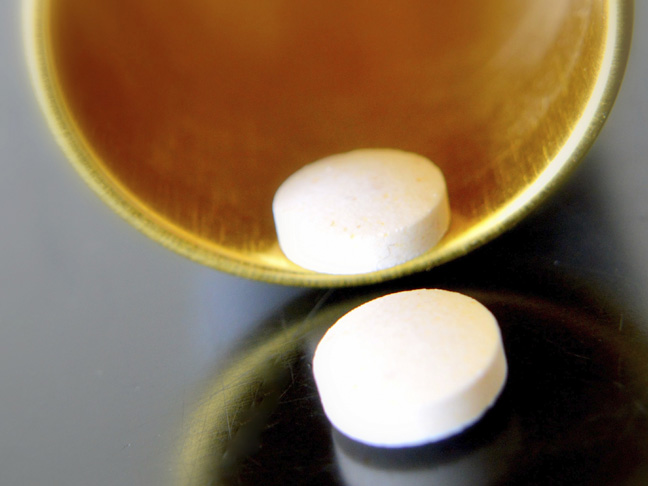At birth babies swallow amniotic fluid, which begins to colonize and stimulates good bacteria to start growing in their sterile little bodies. But during the first two years and in early childhood, kids have immature immune systems, which is why it seems like they are often sick.
So some parents wonder if they can give their kids probiotics as a preventative heath measure.
One compelling reason many experts recommend probiotics for kids is immunity, as an increasing amount of research shows a link between a healthy GI tract and a strong immune system. A recent study in the journal Pediatrics found that preschool children in daycare in Mexico who took probiotics daily for three months had less respiratory infections and diarrhea than those given a placebo. And other studies show some promise with probiotics treating colic, reflux, irritable bowel syndrome, constipation, allergies, eczema, colitis, and Crohn’s disease. They may even help during potty training by keeping the GI tract relaxed and “moving things along.”
“By taking probiotics, we put good bacteria into our systems and they help restore balance so things work well,” explains Sheeba Ben, MD, a New York City-area pediatrician.
The drawback: The FDA doesn’t approve probiotic supplements before they are marketed, and it can be difficult to know which brand is the best. The most studied brand is Lactobacillus GC, but check with your doctor, especially if your child has a disease or is taking any medication that suppresses the immune system, before you give your child a probiotic supplement. Your pediatrician can recommend the best brand and the correct dosage.
While probiotics are found in foods like yogurt, kefir, and fermented foods such as cottage cheese and sauerkraut, a child would have to eat a very large quantity to get the same benefits as a supplement can provide.
Do you give your kids probiotics?
